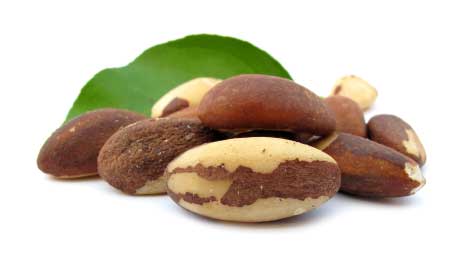Selenium

Selenium is a naturally occurring trace mineral (an element present in the earth's soil). It is a nonmetal, related to sulfur and tellurium, and is an essential micronutrient for the cellular function of not only humans, but all animals.
In plants, selenium can act as a toxic protective mechanism, as the high amounts of this element in plants helps to deter animals from eating them. These selenium-high plants make for selenium-rich soil, and are partially responsible for the trace amounts found in many vegetables. Studies show that individuals living in selenium-poor geographic locations may be more susceptible to diseases related to low levels of the element.
Many research reports show a relationship between higher blood levels of selenium and reduced risks for many diseases. Selenium may also play an important protective role in immune function. Selenium can be added to your diet by consuming foods like walnuts, raisins, onions and chives.
It is important to mention that although selenium is a necessary essential trace element for the proper functioning of the human body, it can be highly toxic if taken in excess. The Tolerable Upper Intake Level of selenium is 400 micrograms per day. Anything over this can be toxic and/or fatal. Contact your medical practitioner before adding a selenium supplement to your diet.
More on this topic is coming soon.
